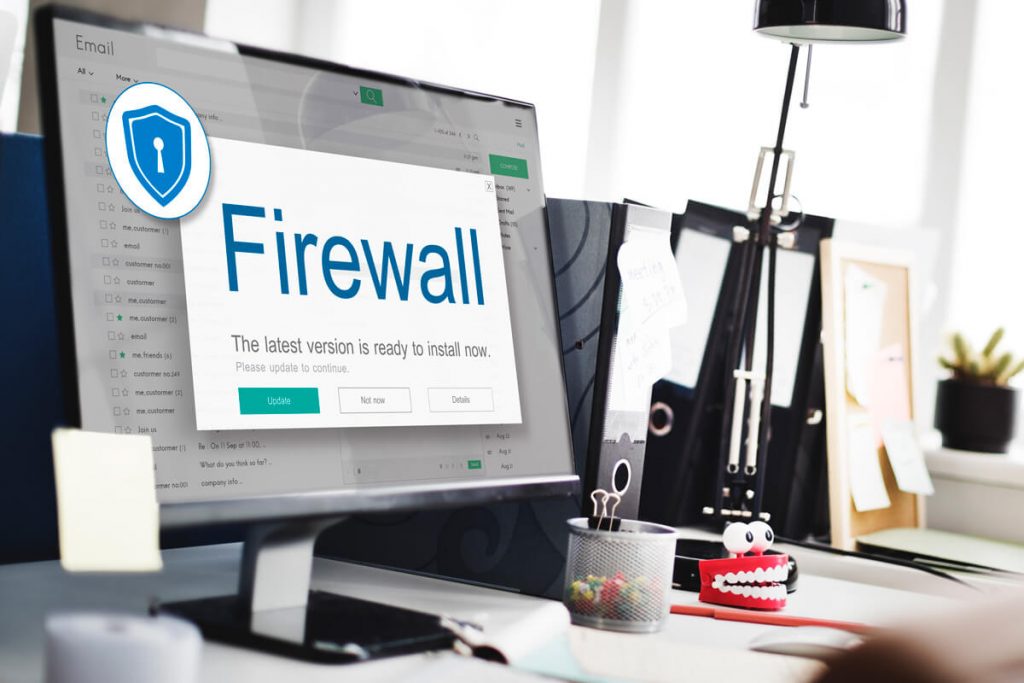Strengthening Website Security: Essential Practices

Introduction
With cyber threats on the rise, securing your website is crucial. Here are essential practices to enhance website security and protect sensitive data.
Regular Software Updates
Keep all software, including CMS, plugins, and themes, up to date. Regular updates patch security vulnerabilities, protecting your website from cybercriminals.
Strong Password Policies
Enforce strong password policies and consider multi-factor authentication (MFA). MFA adds an extra security layer, making unauthorized access more difficult.
Secure Hosting Environment
Choose a reliable hosting provider with robust security features like firewalls, malware scanning, and automatic backups to prevent common cyber threats.
HTTPS and SSL Certificates
Use HTTPS and SSL certificates to encrypt data between your website and users, protecting it from eavesdropping and tampering, and enhancing credibility and SEO rankings.
Regular Backups
Regular backups allow quick restoration in case of a security breach. Store backups securely and consider automated solutions for reliability.
Web Application Firewalls (WAF)
A WAF filters and monitors traffic, blocking malicious requests and preventing attacks like SQL injection and cross-site scripting (XSS).
Security Audits and Penetration Testing
Conduct regular security audits and penetration testing to identify and address vulnerabilities, ensuring your website’s defenses remain strong against evolving threats.
Conclusion
Implementing these practices—regular updates, strong passwords, secure hosting, HTTPS/SSL, backups, WAFs, and security audits—will significantly enhance your website’s security. Protecting your online presence builds trust and ensures a safer digital experience.






